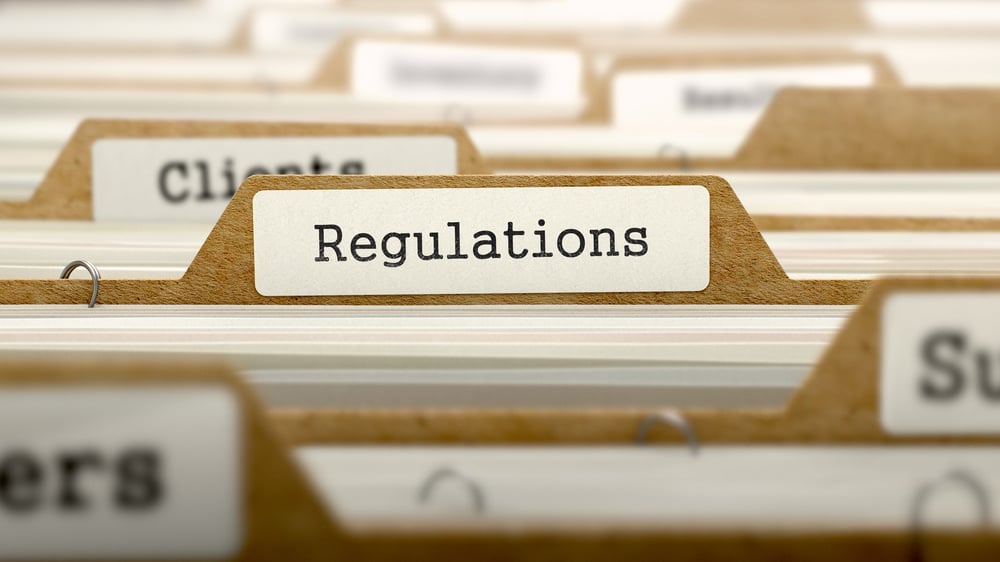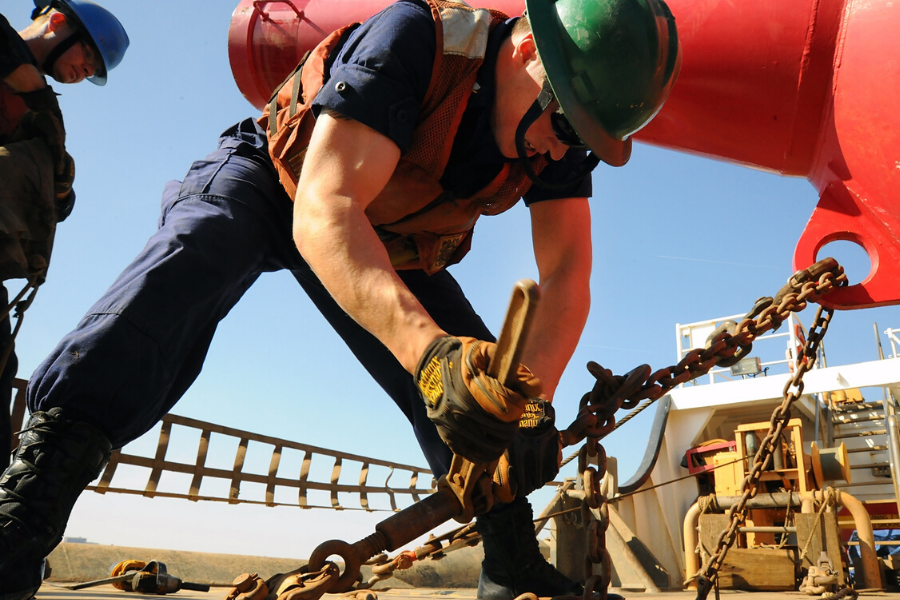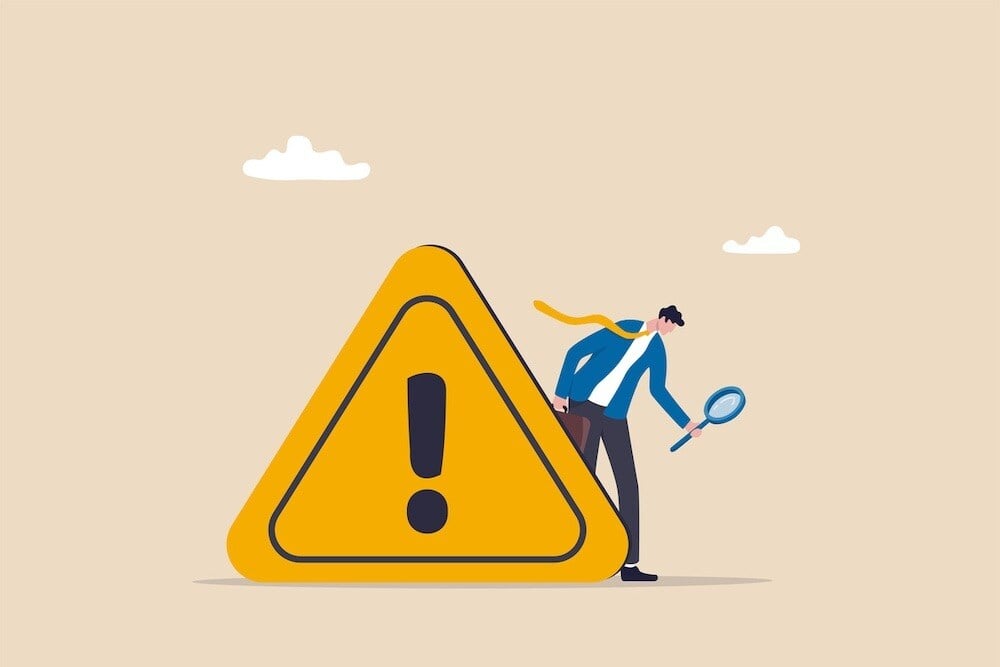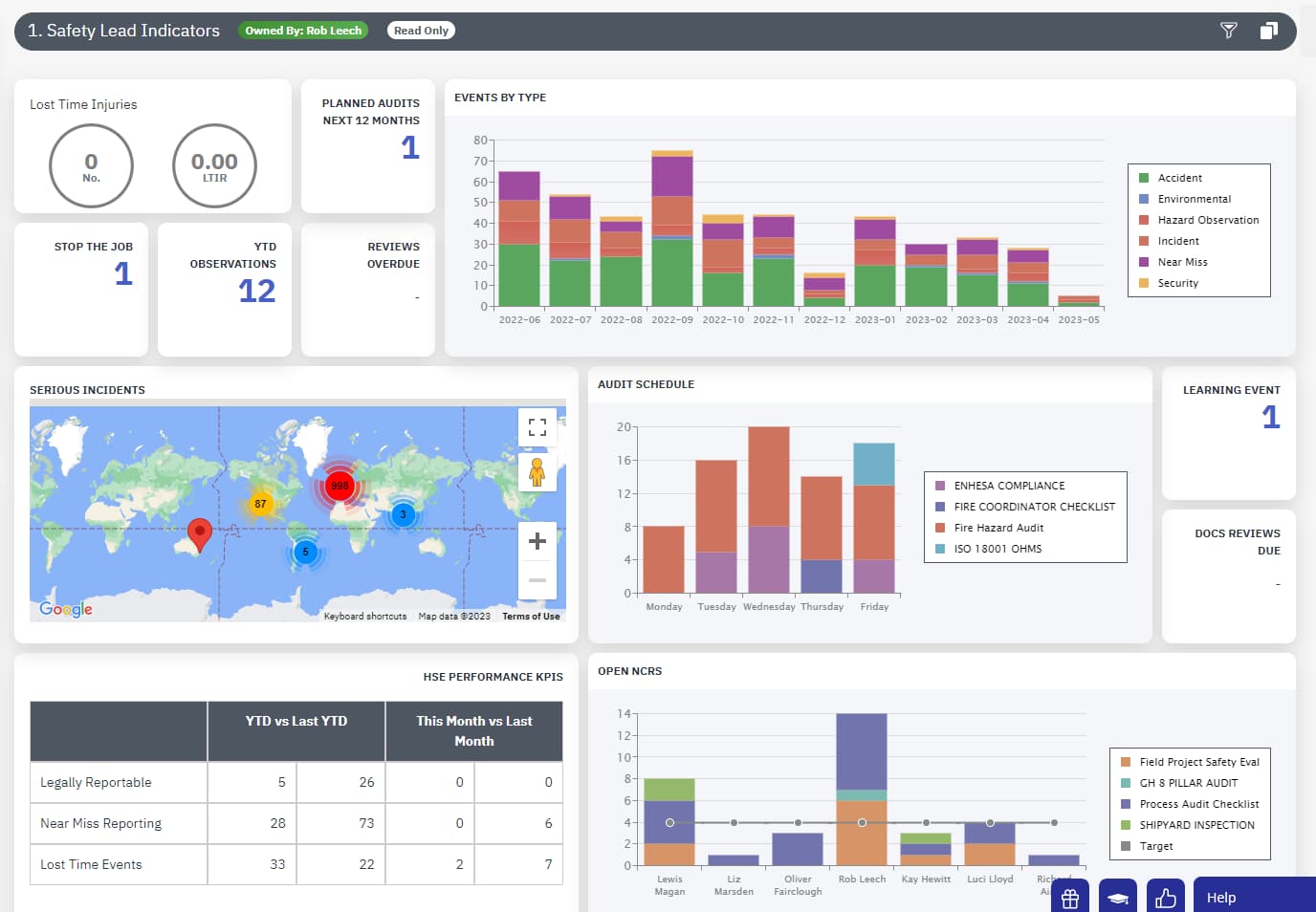Overview
Focus your efforts on achieving zero incidents with Health & Safety Software.
Audit & Inspections
Fully automate your audit process. Manage all your data from one central location.
Lone Worker
24/7 protection for your workers with our Lone Worker App.
Control of Work
Increase the safety participation of your contractors and frontline workers with frictionless reporting.
Overview
Start your journey to stress-free compliance and deeper insights.
Chemical Distribution
Effortlessly document the process of substituting hazardous chemicals in your company.
Sypol - COSHH Risk Assessment
COSHH risk assessments produced by a team of qualified safety professionals as you need them.













